You have no items in your shopping cart.
We get asked almost daily which resin is best. While many situations are different, we often find ourselves giving the “good, better, best” spiel.
No matter what application you are working on, it is important to select the right type of resin for your project. Polyester resin is a good option if you are looking for an inexpensive solution with good performance, ISO and vinyl ester resin provides superior chemical and temperature resistance and epoxy resins offers maximum strength and protection from harsh environments. Each one has its own specific advantages and disadvantages, so it is important to do your research and select the right resin for your project.
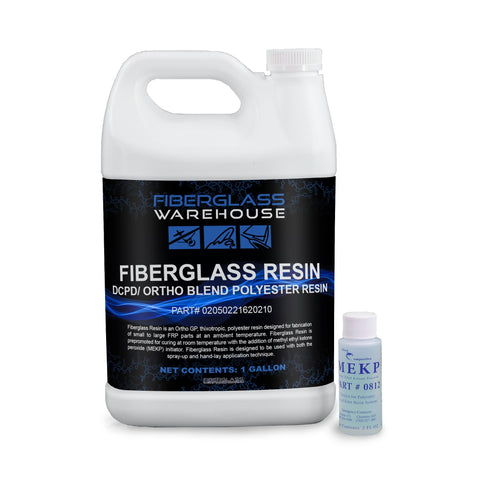
Good- DCPD, Ortho, Ortho/DCPD Blend Polyester Resins
Polyester resin is a plastic polymer commonly used in composite materials and coatings. It is strong and bonds well with glass fibers, wood, metal and various other reinforcements. It can be used for new construction as well as repairs.
Polyester DCPD resin is a good resin that has similar properties to ortho polyester resin. It shrinks less than ortho polyester but it has a shorter shelf life. While we do sell straight DCPD resin, we mainly use it to make an Ortho/DCPD blend. The blend has a longer shelf life and still cures tack free. DCPD resin, along with all “ester” resins, cures at room temperature with the addition of MEKP. Our Ortho/DCPD Blend is our Fiberglass Resin.

Ortho polyester laminating resins are the most common resin in the industry. It is used on boat decks, recreational vehicles, automotive parts, molds, repairs, as a base resin for polyester fairing putties and many other composite projects. It is a general-purpose resin that has a fast wet out, is thixotropic, cures with a surface tack and does not sag on vertical surfaces. It is an inexpensive resin compared to others and is easy to use.
Polyester ortho laminating resins cure with a surface tack which means you do not have to sand between layers. This can save a lot of time if you are working with many layers. For the final layer, you can add wax or purchase a finishing resin to get a hard tack free finish.
While polyester resins are widely used and fit most projects, there are some projects you do not want to use it on. Ortho resin isn’t a good tooling resin, as it shrinks a little. If you are using resin on something that will be under water for long periods of time, you want to opt for a vinyl ester or epoxy resin. Polyester has adequate water resistance but a different resin would be better. Also, if you are working with a high-end reinforcement such as carbon fiber, it is best to work with a superior epoxy resin. Another project you would not want to use it on is a repair on a surface made with epoxy resin. Polyester resin will not adhere to epoxy resin.
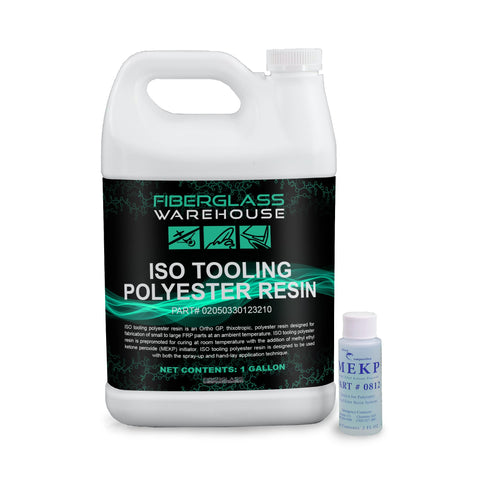
Better- ISO Polyester Resin
Within the polyester resin family, there are ISO tooling resins. This is a superior grade polyester laminating resin that has improved physical properties such as better bonding, more flexibility and better tensile strength. It also has some corrosion resistance. It costs slightly more than the ortho but is still inexpensive overall. It is often used to make fiberglass molds as it does not shrink. Most gel coats are a modified ISO resin. It provides a stronger surface that will keep its’ color longer.

Best- Vinyl Ester
For those seeking a higher performance without breaking the budget, vinyl ester resin is an ideal option. Its’ superior resistance to heat, chemicals, water and corrosion make it an excellent choice for many jobs. Its’ impact strength also makes it a great selection when strength is necessary.
Vinyl ester resins are more expensive than polyester resins but provide better overall performance when it comes to strength, temperature ranges, fire retardation and impact properties. Vinyl ester resins are less expensive than epoxy resins and cure with a surface tack.
Like with polyester resin and epoxy resin, fillers can be added to vinyl ester resins to improve the physical properties of the end product even further. Vinyl ester resin can be used as a final layer over polyester resin to create a good moisture barrier.
If color is a factor, vinyl esters do tend to yellow quickly in the sunlight. They also have a shorter shelf life than polyester resins and epoxy resins. The typical shelf life is three months so be prepared when you purchase the resin to start your project quickly. Also, vinyl esters, just like polyesters tend to shrink more than epoxy resins. If it is imperative that your project not have much shrinkage, epoxy resin may be the best option.

Very Best- Epoxy Resin
Epoxy resin is a strong material that is comprised of two separate components. It is made up of the epoxy resin, Part A, and the hardener, Part B. The hardener for the 2:1 and 4:1 epoxy laminating kits are available in three different curing speeds: fast, medium and slow. The 1:1 mix ratio epoxy resins are not considered laminating resins and do not come in different speeds.
Epoxy laminating resins (available in 2:1 and 4:1 kits) are the most expensive option but offer superior performance in terms of strength, chemical resistance, and temperature range. These resins are often used in high-performance applications such as aircraft parts or components that need to withstand extreme temperatures and harsh conditions. Epoxy resins provide excellent adhesion properties, making them the preferred choice for bonding two different materials together. They are also more resistant to water absorption than other types of resin making them great for underwater marine applications. It is also great as a coating or sealant.
Epoxy resin 1:1 kits are popular in the art and craft world. It is often used for table and bar tops, jewelry, and other art pieces. It is not used with fiberglass reinforcements or for repair jobs. They do not offer the strength that epoxy laminating kits have but those properties are generally not needed for table and art applications.
Epoxy resins have low odor in comparison to polyester and vinyl ester resins. Polyester and vinyl ester have strong fumes from the styrene in them and it can be bothersome to work with. All resins need to be used in a well-ventilated area.
Epoxy laminating resins are not compatible with most chopped strand mats. Chopped strand mat, also known as fiberglass mat, needs the styrene in polyester and vinyl ester resins to break down the styrene binder in the mat. Another downfall to using epoxy resin is that if you plan to use a polyester gel coat over top, it will not adhere. Epoxy resin will adhere to a part made with polyester resin but the opposite is not true. Lastly, epoxy resins must be measured out perfectly and mixed thoroughly to work properly. Epoxy mixing and measuring is not as forgiving as it is with polyester or vinyl ester resins.
Conclusion
In conclusion, choosing the right resin is an important decision depending on your specific application needs. It is essential to understand the advantages and disadvantages of each option before making an informed choice. We hope this blog post has provided you with the confidence to make the best decision for your project.
For information on both resins and fiberglass, check out our Ultimate Fiberglass and Resin Guidebook HERE.
If you still have questions or need help selecting the right resin for your specific project, feel free to contact us for support! We are always willing to help. You can email us at sales@fiberglasswarehouse.com or call us at 1-833-669-7899.
comments (3)
-

-
 Fiberglass Warehouse
Fiberglass Warehouse@Tyler Yates- Vinyl ester is the best for the transom. For the other two, either the ISO resin or the vinyl ester resin. Vinyl ester is stronger and waterproof, but the ISO is good also.
-
 Tyler Yates
Tyler YatesWhat resin would be recommended for a false floor and a casting deck and for beefing up the transom?



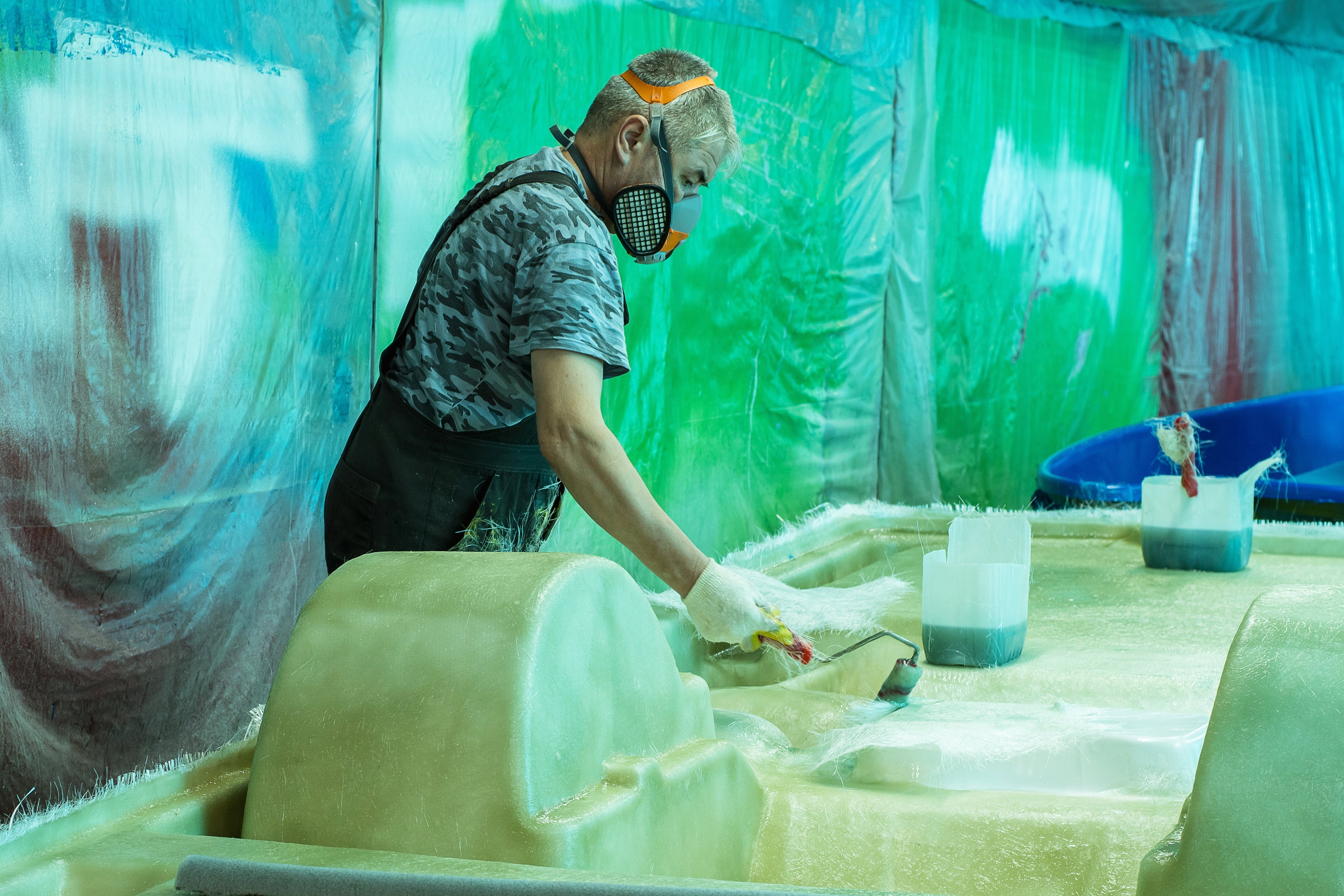
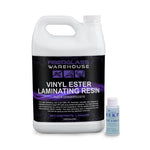
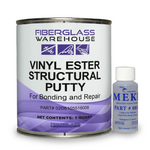
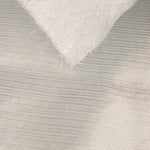
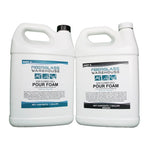
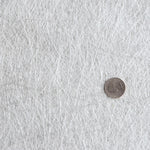

ISO resin